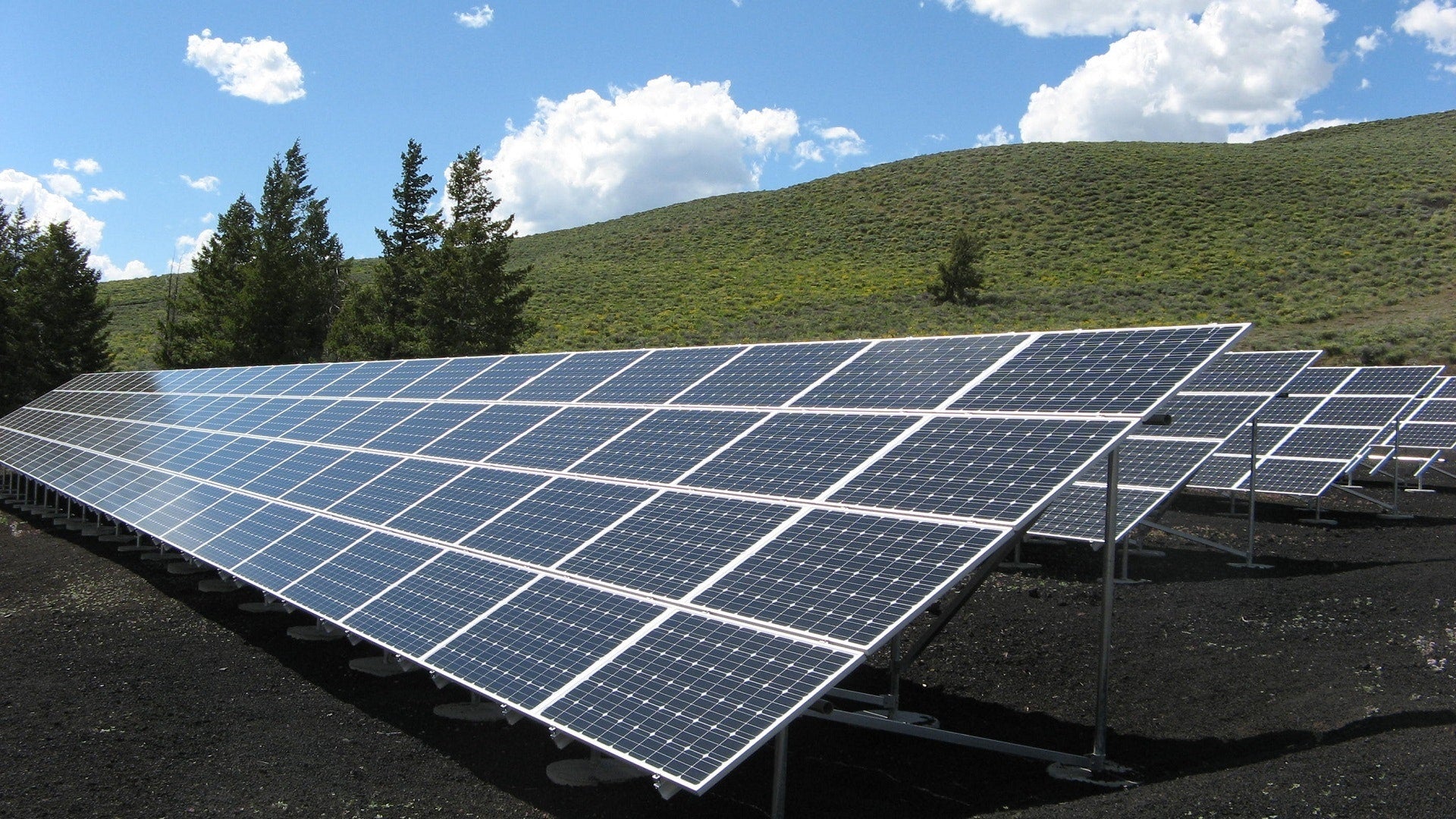
Research commissioned by Wyelands Bank has shown that subsidy-free hybrid solar power systems becoming investable opportunities for asset finance lenders due to technological advances for multi-asset sites.
The study, conducted by Aurora Energy Research, looked at the returns on investment for hybrid subsidy-free solar operations, in which solar power and battery storage are co-located on the same site. The analysis showed that hybrid projects, where solar power and battery storage are co-located on the same site, could start to be more widely deployed as soon as next year.

Access deeper industry intelligence
Experience unmatched clarity with a single platform that combines unique data, AI, and human expertise.
Previously uncertain returns had caused difficulties for solar and battery operators to raise debt finance. They have also relied heavily on government subsidies which have been phased out for solar assets. These two factors have combined in limiting the appeal to investors. Wyelands Bank said the report showed that co-locating solar power with battery storage could unlock additional revenue streams and accelerate deployment.
Jim Higginbotham, managing director, asset finance at Wyelands Bank, said: “The ability to utilise senior debt alongside equity is good news for the UK renewables industry and signifies that it is a step closer to maturity. Until now solar and battery hybrid investments have come with high risks and uncertain returns. Our research shows that the picture is changing and with that we may well see another surge of investment in solar power as subsidy-free solar comes of age.”
The research found that internal rates of return, or the measure of the likely profitability of an investment discounted over the life of the project, for hybrid projects deployed in 2020 are between 6.6% to 7.6% under Aurora’s base central scenario assumptions.
Projections showed this could increase a further 2%-3% if more aggressive but still feasible market assumptions are used. Aurora also expected 5GW of subsidy-free solar on the GB power system by 2030 due to falling technology costs.

US Tariffs are shifting - will you react or anticipate?
Don’t let policy changes catch you off guard. Stay proactive with real-time data and expert analysis.
By GlobalDataBenjamin Collie, principal at Aurora Energy Research and author of the report said: “Investing in either standalone solar or standalone storage assets carries technology and policy risks. If rapid innovation and supportive policy lead to fast deployment of solar, then that will tend to increase revenues for storage assets, but decrease revenues for existing solar assets. Conversely, slower deployment of solar would lead to lower revenues for storage but higher revenues for existing solar.
“Investing in a portfolio with both solar and storage can help mitigate these risks, and co-locating the assets allows for cost savings and more efficient use of grid connections.”
Last month Wyelands Bank appointed a renewables specialist to its asset finance team as it launched its offering for the renewable energy sector. Mark Turrell will assume the role, focusing on developing the bank’s offer to help support renewable energy firms to access finance and unlock growth.







